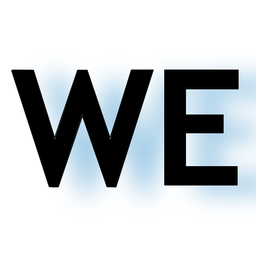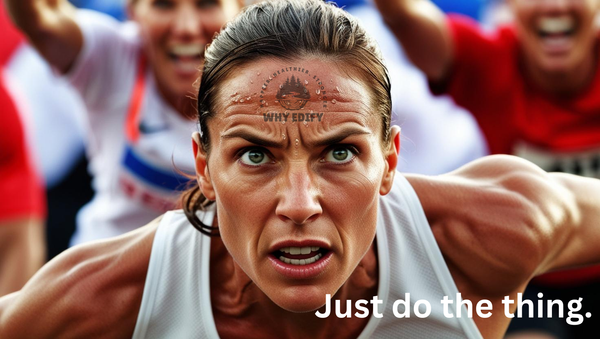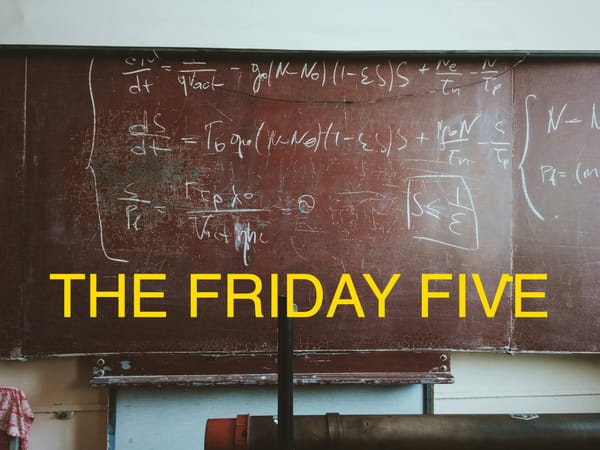Say What
Topics for this week include deciphering slang, teacher planning time, and the benefits of handwriting.

As an Amazon Associate, I earn from qualifying purchases. All affiliate links are marked with an asterisk (*). This helps support the newsletter. Thank You! Read more here.
TGIF Teacher Newsletter
#116
Happy Friday!
Courage is inspiring.
Here's a highlight from this week. Yesterday a group of high school students calling themselves The Silver Express performed for our school. They played music from various genres. I’m impressed by people who follow their compass without worrying about what others think. They did just that. Some of their songs were great, and some were not so great. Their courage was spot on.
Have a great weekend!
The News
Here are some articles and resources that grabbed my attention.
- Say What? - I am old enough now that sometimes, when my students talk, they seem to speak an entirely different language. This extensive guide will unravel the mystery of Gen Z and Gen Alpha slang. From "Sigma" to "Soyjack," this list decodes these younger generations' unique buzzwords and jargon. Discover what it means to "mog" someone, what "aura" is, and why you might be called a "Doomer."
- More Time - Teachers are feeling burnt out. One way to help is by increasing their time to plan lessons, which teachers say would help them stay in their jobs. However, there has only been a small increase in planning time over the past ten years. Also, while working together with other teachers can help improve their well-being, more than half of the school districts studied don't set aside time for this.
- Student Autonomy - Dr. Sue Ann Highland believes that giving students more control can improve classrooms and that letting students make choices can make them more interested in learning, behave better, and miss less school. By changing classrooms, getting students' ideas, and using new teaching methods, teachers can create learning spaces that are more cooperative and interesting. While these suggestions have merit, they will only work when coupled with teaching students how to self-direct and self-regulate.
- By Hand - Handwriting could be a secret weapon for learning and memory, according to brain research. Tracing out letters and words by hand engages the brain more deeply than typing, leading to better recall and understanding. As schools are shifting towards digital learning tools, some researchers worry about the potential cognitive losses if handwriting becomes a thing of the past.
- Resource - The Cybrary Man has a great artificial intelligence page full of articles and ideas.
- End of the Year Checklist for Teachers - The end of the school year can be one of the most stressful times for educators. However, creating a system and using checklists can help you maintain your sanity and set you up for success at the start of the next school year.
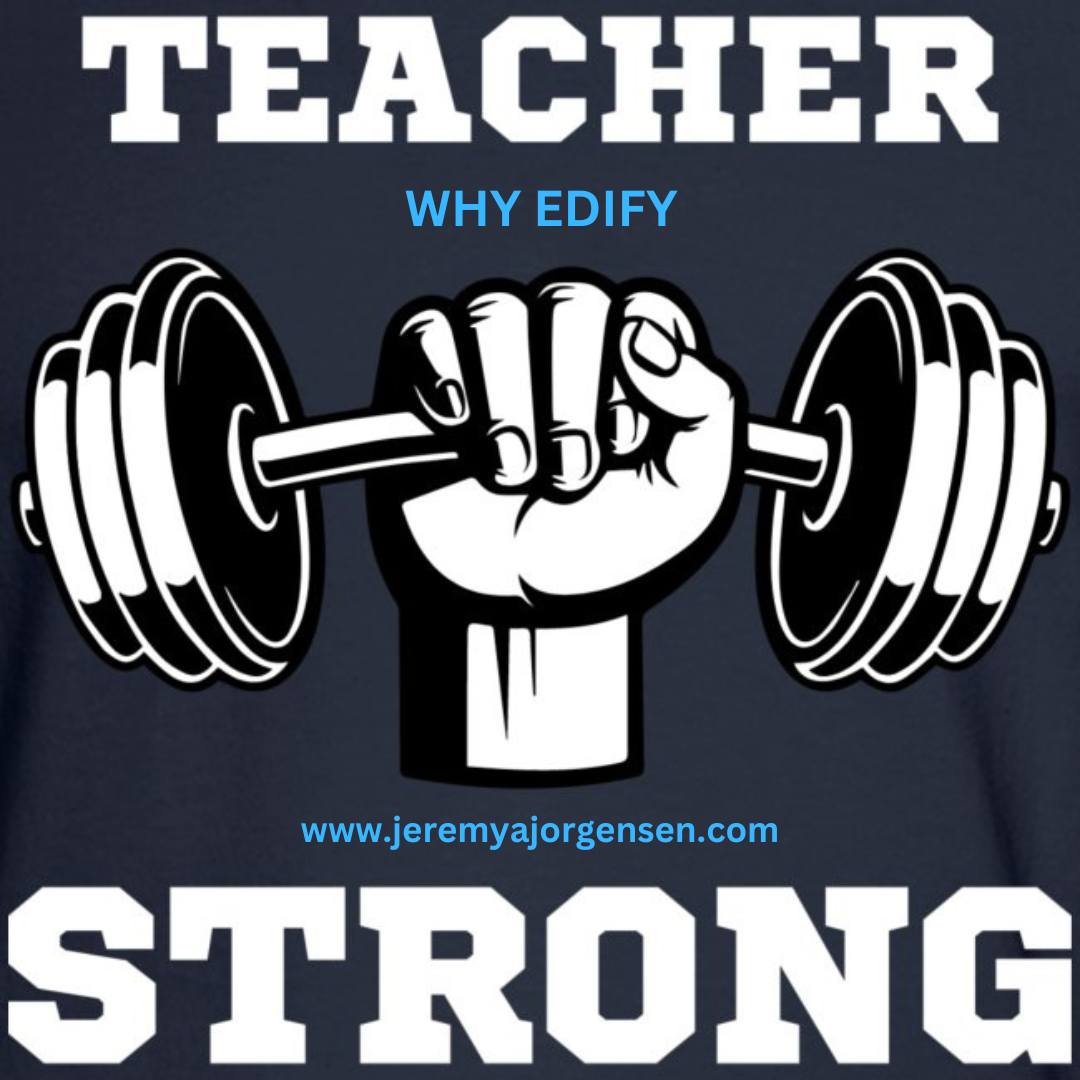
Ideas, resources, tools, and free downloads to make your teaching life easier and more enjoyable.
Growth
Personal Development and Wellness Resources
- Get Present—Grounding techniques help distract from distressing emotions and bring attention back to the present. They are particularly beneficial for managing anxiety, enhancing well-being, reducing stress, alleviating depression, moderating mood, treating post-traumatic stress disorder (PTSD), and addressing dissociation. Learn about various physical, mental, and comforting grounding strategies.
- Attention Residue - The phenomenon of "attention residue" refers to the mental challenge encountered when shifting focus from one task to another, especially in professional settings. Research indicates that how one completes a task and the time pressure experienced can influence one's ability to perform the next task. “As revealed by two experiments, people need to stop thinking about one task in order to fully transition their attention and perform well on another.” Ah, this is much easier said than done.
- Surrender Control - Uncertainties often foster courage and faith rather than causing fear. Accepting these uncertainties, surrendering our sense of control, and trusting in a higher power can result in a more meaningful and rewarding existence.
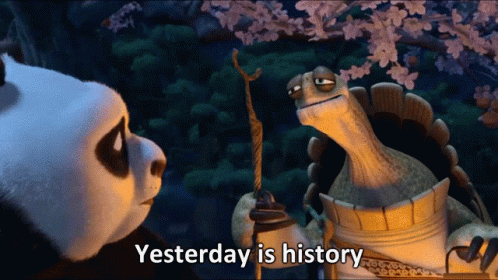
Inspiration
“What you do with your attention is in the end what you do with your life.” ― John Green
Teacher Commuter Playlist - Don't Stop by Fleetwood Mac
Favorite Things
- The Most Important Thing - Teachers
- Clip - Wins and Eye Rolls
- Podcasts - Here are 30 of the best educational podcasts.
How am I doing?
I love hearing from readers, and I’m always looking for feedback. How am I doing with Why Edify? Is there anything you’d like to see more of or less of? Which aspects of the newsletter do you enjoy the most?
Hit reply and say hello - I’d love to hear from you!
Cheers,
Jeremy
❤ Enjoy this Newsletter?
🍵 Show Your Support and 🤗 Share It

